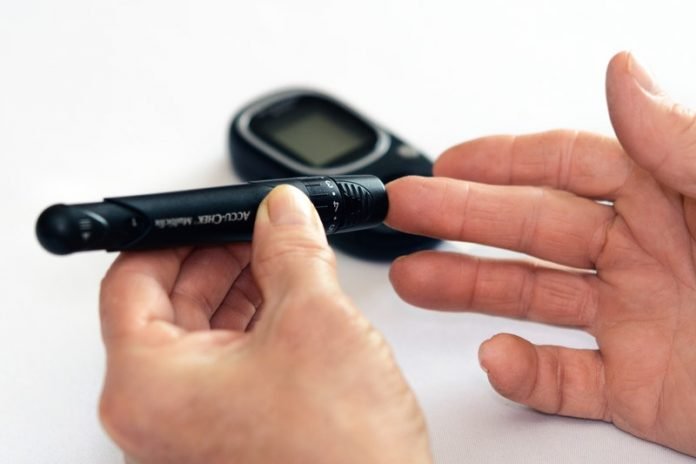
In a new study, researchers found men taking medicines to reduce the symptoms of prostate disease may be more likely to develop type 2 diabetes.
They say patients should continue to take the drugs, which are commonly prescribed to older men, but warn they may need additional health checks.
The research was led by the University of Edinburgh and UCL.
Men with enlarged prostates are commonly prescribed drugs called 5-alpha-reductase inhibitors that reduce the production of hormones called androgens.
These drugs help treat symptoms such as reduced urinary flow.
Previous studies had suggested these drugs may affect metabolism and could reduce the body’s response to insulin, an early sign of type 2 diabetes.
This is because the drugs include finasteride and dutasteride.
In the study, the team examined health records from around 55,000 men in the UK, who had been prescribed 5-alpha-reductase inhibitors for 11 years.
The team found the drugs were linked to an increase in the risk of developing type 2 diabetes of about one third.
A similar result was found when the team repeated the study with health records from a group of Taiwanese men.
These findings suggest men taking these medications may need further health checks to monitor warning signs of type 2 diabetes.
The team says the findings will be very important for health screening in older men who are already typically at a higher risk of type 2 diabetes.
They will now continue their studies to better understand the long-term outcomes to better identify patients at greater risk.
One author of the study is Professor Ruth Andrew, of the University/British Heart Foundation Centre for Cardiovascular Science at the University of Edinburgh.
The study is published in the British Medical Journal.
Copyright © 2019 Knowridge Science Report. All rights reserved.



